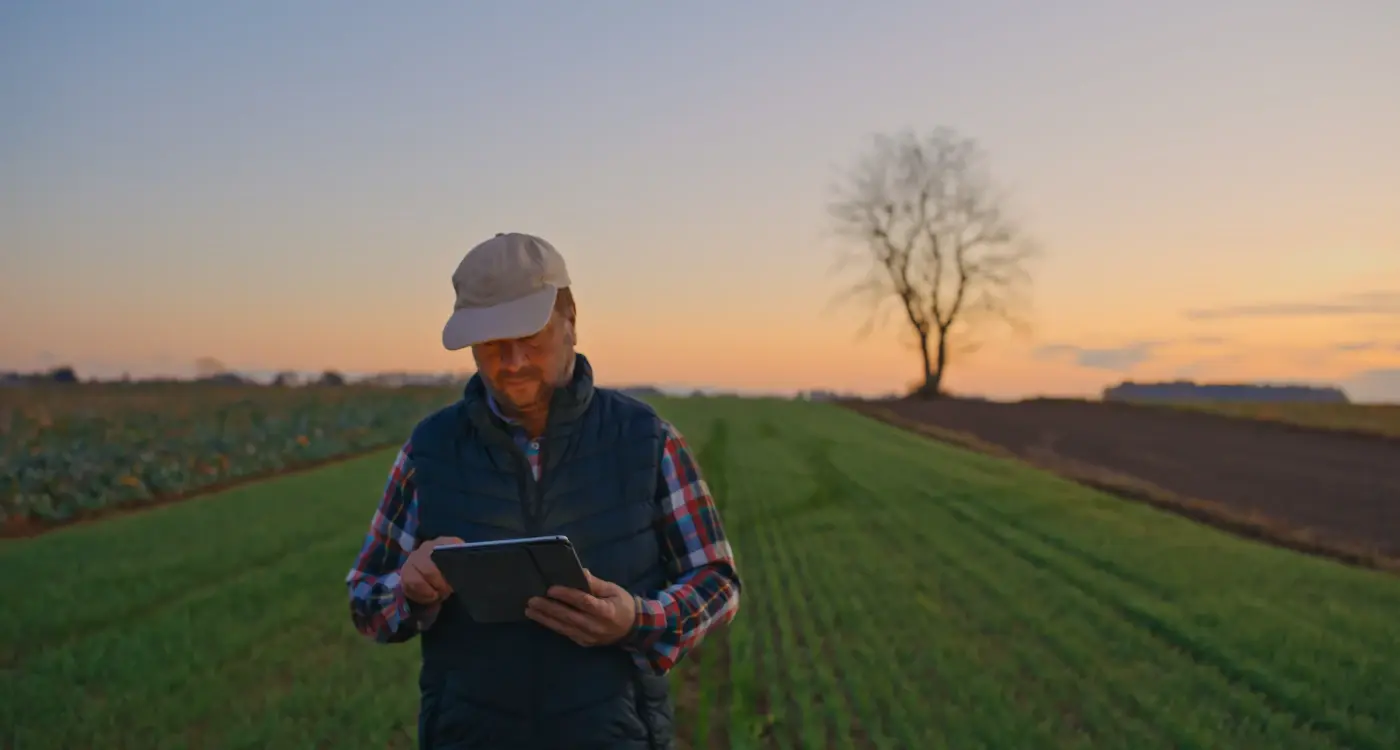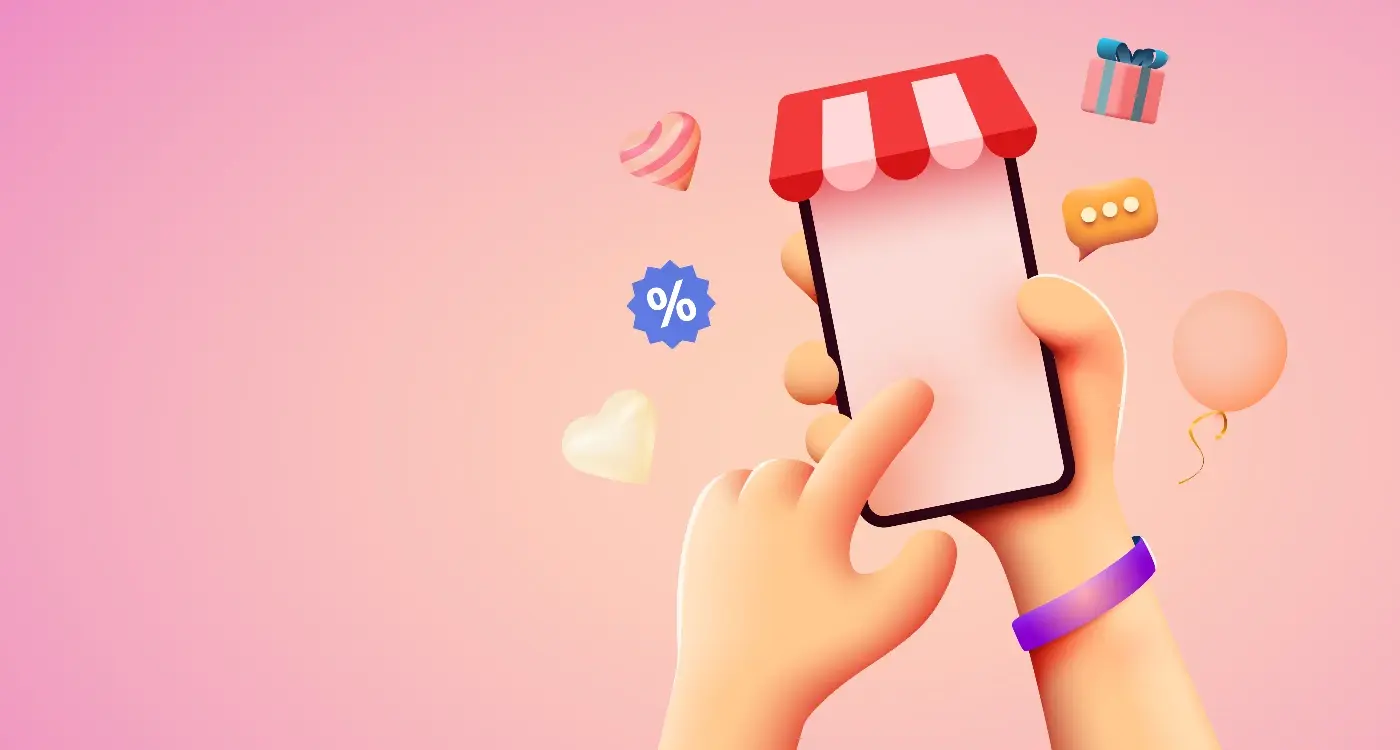What Legal Requirements Do I Need for My MVP Launch?
Every year, thousands of brilliant MVP apps never make it past their first week because their creators overlooked a single legal requirement. That's not just disappointing—it's completely avoidable. Building a minimum viable product means focusing on what matters most, but legal compliance isn't something you can push to version 2.0.
The thing is, MVP legal requirements aren't meant to slow you down; they're there to protect both you and your users from day one. When you're excited about launching your app and getting feedback, it's tempting to think "we'll sort the legal stuff later." But here's what I've learned from working with countless startups: later never comes, and when it does, it's usually because something's gone wrong.
The best time to handle legal compliance is before you need it, not after you've been reminded why it matters
This guide will walk you through the app regulations and launch requirements that actually matter for your MVP. We'll cover everything from privacy laws to business registration, keeping things simple and actionable. You don't need to become a lawyer, but you do need to know what boxes to tick before you hit that publish button.
Understanding the Legal Landscape for MVP Apps
When I first started building apps, I'll be honest—I thought the legal stuff could wait until after launch. Big mistake! I've watched too many promising startups get into hot water because they didn't sort out the basics from day one. The truth is, even your minimum viable product needs proper legal foundations.
Think of it this way: you wouldn't drive a car without insurance, so why would you launch an app without covering your legal bases? The good news is that you don't need to become a lawyer overnight, but you do need to understand what's required.
The Core Legal Requirements
Every MVP app needs certain legal documents—privacy policies, terms of service, and user agreements are non-negotiable. These aren't just boring paperwork; they're your protection when things go wrong. And trust me, something always goes wrong!
Data protection laws like GDPR aren't optional extras either. If you're collecting any user information (and most apps do), you need to handle it properly from the start. I've seen apps pulled from stores because they ignored these requirements.
Industry-Specific Considerations
Different types of apps face different rules. A fintech app has completely different compliance requirements than a social media platform. Healthcare apps need special certifications; gaming apps might need age ratings. The key is identifying which regulations apply to your specific app before you launch, not after.
Privacy Laws and Data Protection Requirements
Privacy laws are probably the most complex part of MVP legal compliance—and the bit that catches most developers off guard. I've seen brilliant apps get pulled from stores or face hefty fines because the team didn't understand what data they were collecting or how they needed to handle it.
The rules vary depending on where your users are located, not where your business is based. If you're targeting UK users, you'll need to comply with UK GDPR; European users mean EU GDPR compliance; and American users bring a patchwork of state laws including California's CCPA. Each has different requirements for consent, data handling, and user rights.
Key Data Protection Requirements
- Clear privacy policy explaining what data you collect and why
- Proper consent mechanisms for data collection
- Data minimisation—only collect what you actually need
- Secure data storage and transmission
- User rights implementation (access, deletion, portability)
- Data breach notification procedures
- Age verification for users under 13/16
The good news? Most privacy laws share similar principles. Focus on transparency, user control, and data security. Don't collect personal information unless you absolutely need it for your app to function.
Start with a simple privacy policy template and adapt it to your specific app features. Legal templates are available online, but consider having a lawyer review it before launch.
Common Privacy Pitfalls
Many MVP developers think they can skip privacy compliance because they're "just testing"—but that's not how the law works. From day one of collecting user data, you need proper protections in place. This includes analytics data, crash reports, and even basic account information. Understanding GDPR requirements when creating an app is essential for any developer planning to launch in Europe.
Terms of Service and User Agreements
Right, let's talk about terms of service—probably the most boring legal document your users will never read but you absolutely must have. I've watched countless app developers skip this step thinking they can add it later, only to find themselves in hot water when something goes wrong. Trust me, you don't want to be that person.
Your terms of service is basically a contract between you and your users. It tells them what they can and cannot do with your app, what happens if they break the rules, and how you'll handle disputes. Think of it as the rulebook for your digital playground; without it, chaos ensues and you've got no leg to stand on legally.
What Your Terms Must Include
At minimum, your terms need to cover user conduct, account termination policies, limitation of liability, and dispute resolution procedures. You'll also want to include sections about intellectual property rights, prohibited uses, and what happens when users upload content to your app.
Making Them Legally Binding
Here's the thing—your terms are only worth the paper they're printed on (or pixels they're displayed on) if users actually agree to them. You need clear acceptance mechanisms like checkboxes during registration or prominent "I agree" buttons. Courts have thrown out cases where terms weren't properly presented to users, so get this bit right from day one.
Intellectual Property Protection and Trademark Considerations
When I started out in mobile app development, I watched too many founders skip the intellectual property side of things—only to regret it later when competitors started copying their ideas or, worse, when they got hit with cease and desist letters. Your MVP legal foundation isn't complete without sorting out your intellectual property protection, and trust me, it's better to get this right from the start.
Protecting Your App's Unique Elements
Your app's code, design elements, and unique features can all be protected under copyright law. You don't need to file paperwork for copyright protection—it exists automatically when you create original work. But here's the thing: documenting your development process and keeping records of when you created what can be incredibly useful if disputes arise later.
Trademark Your Brand Identity
Your app name, logo, and tagline are your brand's identity, and these need trademark protection. Before you fall in love with that perfect app name, do a thorough trademark search. I've seen startups spend months building their brand only to discover someone else owns the trademark rights.
The biggest mistake I see with MVP launches is founders thinking they can sort out intellectual property later—by then it's often too late or much more expensive to fix
Filing a trademark application gives you legal protection and exclusive rights to use your brand elements in your industry. For minimum viable product launches, this legal compliance step protects your investment and gives you the confidence to market your app without worrying about infringement issues. If you're working with remote developers, intellectual property protection becomes even more crucial.
Industry-Specific Regulations and Compliance Standards
Different industries have their own special rules that apps must follow—think of them as extra homework on top of the basic legal requirements we've already covered. If you're building a health app, finance app, or anything for children, you'll need to pay close attention to these sector-specific regulations.
Healthcare and Medical Apps
Medical apps face some of the strictest rules around. In the UK, the Medicines and Healthcare products Regulatory Agency (MHRA) decides whether your app counts as a medical device. If it does, you'll need to register it and meet specific safety standards. Apps that just track steps or remind people to drink water usually don't qualify, but anything that diagnoses conditions or suggests treatments probably will.
Financial Services and Children's Apps
Financial apps must comply with Financial Conduct Authority (FCA) regulations—this includes everything from investment platforms to simple budgeting tools that connect to bank accounts. The rules can be quite complex, so getting legal advice early is smart.
Apps targeting children under 13 have their own set of challenges. You'll need parental consent for data collection, age-appropriate privacy policies, and content that meets child safety standards. The ICO provides specific guidance for apps designed for young users, and ignoring these rules can result in hefty fines.
Business Registration and Tax Obligations
Right, let's talk about the business side of things—the part that makes most developers want to run for the hills! When you're preparing your MVP launch, you can't just focus on the code and user experience. You need to think about your business structure too.
The first decision you'll face is choosing your business structure. Most app developers start as sole traders because it's simple and cheap to set up. But here's the thing—if your app takes off and someone decides to sue you, your personal assets are at risk. That's why many people choose to form a limited company instead; it creates a legal barrier between you and your business. If you're unsure about whether you need to set up a company, it's worth exploring your options early.
Registration Steps
Once you've decided on your structure, you'll need to register with the relevant authorities. For UK businesses, this means registering with Companies House (for limited companies) or HMRC (for sole traders). The process isn't complicated, but it does require some paperwork and basic information about your business activities.
Start your business registration process at least 2-3 weeks before your planned MVP launch date. This gives you buffer time for any unexpected delays or additional documentation requests.
Tax Considerations
Tax obligations vary depending on your business structure and revenue. You'll need to consider corporation tax, VAT registration (if your turnover exceeds the threshold), and potentially international tax implications if you're selling globally through app stores.
- Corporation tax on company profits
- VAT registration requirements
- International tax obligations
- Digital services tax considerations
- Employee tax responsibilities (if hiring)
The app store payment systems add another layer of complexity—Apple and Google handle some tax collection automatically, but you're still responsible for understanding your obligations in each jurisdiction where your app is available.
Accessibility Laws and Inclusive Design Requirements
Making your app accessible isn't just good practice—it's often legally required. The Equality Act 2010 in the UK and similar laws worldwide mean your app needs to work for everyone, including people with disabilities. I've seen too many app launches get derailed because accessibility was treated as an afterthought rather than a core requirement.
The good news? Building accessibility in from the start is much easier than retrofitting it later. Your app should support screen readers, have proper colour contrast, and include alternative text for images. Voice commands and keyboard navigation are becoming standard expectations, not nice-to-have features.
Key Accessibility Requirements
- Screen reader compatibility for visually impaired users
- Minimum colour contrast ratios (4.5:1 for normal text)
- Alternative text descriptions for all images and icons
- Keyboard navigation support
- Captions or transcripts for audio content
- Clear, simple language throughout the interface
Different countries have varying enforcement levels, but the trend is moving towards stricter compliance. The Web Content Accessibility Guidelines (WCAG) provide a solid framework to follow—aim for Level AA compliance as your baseline. Your development team should test with actual accessibility tools during the build process, not just before launch.
Conclusion
Getting your MVP legal requirements sorted might feel overwhelming at first—and I get it, there's quite a bit to think about! But here's what I've learned after years of launching apps: you don't need to get everything perfect before you launch. You just need to get the basics right.
Start with your privacy policy and terms of service; these are non-negotiable for any app that collects user data (which is pretty much all of them). Make sure you're compliant with data protection laws like GDPR, especially if you're targeting users in Europe. Don't forget about accessibility requirements either—they're not just good practice, they're legally required in many places.
If you're in a regulated industry like healthcare or finance, those compliance standards need to be built in from day one. But for most other apps, you can tackle some of the more complex legal requirements as you grow and add features.
The key is being proactive rather than reactive. Get legal advice early, especially for intellectual property protection and business registration. It's much cheaper to do things right the first time than to fix problems later when you have thousands of users relying on your app.
Share this
Subscribe To Our Learning Centre
You May Also Like
These Related Guides

What Legal Requirements Must My Agricultural Data App Meet?

How Do In-App Purchases Work From A Legal Perspective?



